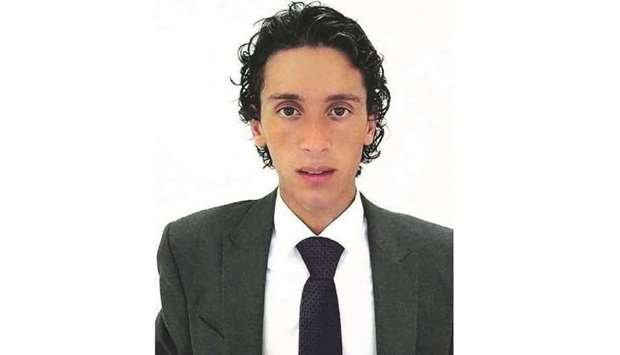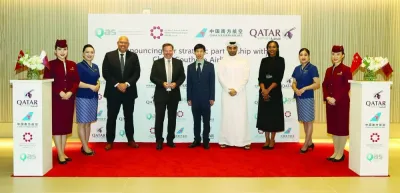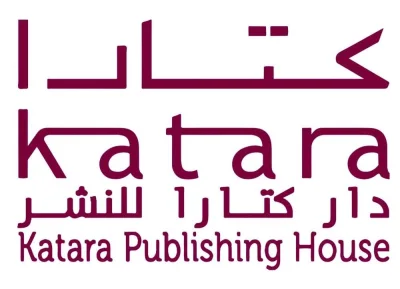UK low-cost carrier EasyJet has said it is ready to “ramp up” its operations during the summer holiday season as it prepares to offer more flights to passengers from late May, once travel restrictions are eased in the UK.
The airline only expects to fly 20% of its 2019 capacity between April and June, with most European countries planning to resume flying at scale next month.
EasyJet’s shares climbed by more than 3% on Wednesday morning as investors shared the airline’s optimism about the upcoming return of international travel. The carrier flew only 14% of its 2019 flight schedule between October 2020 and the end of March, while passenger numbers tumbled by 89% compared with the previous year.
EasyJet confirmed it expected to make a first-half loss before tax of between £690mn and £730mn for the six months to 31 March. The airline said its results would be slightly ahead of expectations as it had continued to cut costs during the winter season to reduce its cash burn.
The company said it was encouraged by the speed of the vaccination rollout in the UK, while it expected the European programme to pick up pace in the coming weeks. As a result, it believes it will be able to take passengers on holiday again during the summer.
EasyJet believes demand for travel will take off in Europe as restrictions are eased and said it would be able to ramp capacity up or down to meet demand from passengers.
EasyJet’s chief executive, Johan Lundgren, said: “We have the operational flexibility to rapidly increase flying and add destinations to match demand. EasyJet is ready to resume flying, prepared for the ramp-up and looking forward to being able to reunite people with their families or take them on leisure and business flights once again. As a result, we remain well positioned for the recovery this summer and beyond.”
Lundgren said he expected most European countries to be on the UK government’s green list, under England’s proposed traffic light system for travel.
The green, amber, and red lists for travel, which will be announced in the coming weeks, will dictate whether travellers will need to take Covid tests and whether they will be required to quarantine before and after their journeys.
The airline also repeated criticism of the UK’s plan to make PCR tests for Covid-19, a requirement for travel to green list countries, saying the high cost of tests could dampen demand. In fact, testing for passengers in the UK is so expensive that global airline body IATA called on the UK Competition and Markets Authority to launch an inquiry, as separate research showed that travellers had to pay twice as much for PCR tests in the UK as they do in much of Europe.
IATA director-general Willie Walsh demanded ministers allow more cost-efficient rapid testing, exempt tests from VAT, and engage the UK Competition and Markets Authority to launch an immediate investigation.
On the UK government’s approved list of providers, prices for a “package” of two PCR tests under the present quarantine regime, on days two and eight, range from £160 to £549 charged by London Medical Concierge. Most of the firms listed as recognised test providers share clinical partners for tests, with many using the Cambridge-based Oncologica laboratory.
Most travellers are being charged an average of £128 for a pre-departure test, more than double the price for much of Europe, according to research from the travel association ABTA and the Airport Operators Association.
The average costs of a PCR test across Belgium, France, Germany, Greece, Italy, the Netherlands, Portugal and Spain, was just £62 they said. Government subsidies in those countries and rules capping prices have contributed to the lower prices.
Testing firms said that more than half of their price went to the laboratories and cited high costs and uncertainty in the market. They said significant overheads included trained medical staff, courier fees, hiring a testing venue, as well as clinical oversight, medical risk assessments, and large insurance premiums.
Laboratories are also obliged in the UK to carry out genome sequencing for the government for any positive Covid tests, a process that is believed to cost substantially more than the price of a test.
The author is an aviation analyst. Twitter handle: @AlexInAir
EasyJet’s shares climbed by more than 3% on Wednesday morning as investors shared the airline’s optimism about the upcoming return of international travel. The carrier flew only 14% of its 2019 flight schedule between October 2020 and the end of March, while passenger numbers tumbled by 89% compared with the previous year.
EasyJet confirmed it expected to make a first-half loss before tax of between £690mn and £730mn for the six months to 31 March. The airline said its results would be slightly ahead of expectations as it had continued to cut costs during the winter season to reduce its cash burn.
The company said it was encouraged by the speed of the vaccination rollout in the UK, while it expected the European programme to pick up pace in the coming weeks. As a result, it believes it will be able to take passengers on holiday again during the summer.
EasyJet believes demand for travel will take off in Europe as restrictions are eased and said it would be able to ramp capacity up or down to meet demand from passengers.
EasyJet’s chief executive, Johan Lundgren, said: “We have the operational flexibility to rapidly increase flying and add destinations to match demand. EasyJet is ready to resume flying, prepared for the ramp-up and looking forward to being able to reunite people with their families or take them on leisure and business flights once again. As a result, we remain well positioned for the recovery this summer and beyond.”
Lundgren said he expected most European countries to be on the UK government’s green list, under England’s proposed traffic light system for travel.
The green, amber, and red lists for travel, which will be announced in the coming weeks, will dictate whether travellers will need to take Covid tests and whether they will be required to quarantine before and after their journeys.
The airline also repeated criticism of the UK’s plan to make PCR tests for Covid-19, a requirement for travel to green list countries, saying the high cost of tests could dampen demand. In fact, testing for passengers in the UK is so expensive that global airline body IATA called on the UK Competition and Markets Authority to launch an inquiry, as separate research showed that travellers had to pay twice as much for PCR tests in the UK as they do in much of Europe.
IATA director-general Willie Walsh demanded ministers allow more cost-efficient rapid testing, exempt tests from VAT, and engage the UK Competition and Markets Authority to launch an immediate investigation.
On the UK government’s approved list of providers, prices for a “package” of two PCR tests under the present quarantine regime, on days two and eight, range from £160 to £549 charged by London Medical Concierge. Most of the firms listed as recognised test providers share clinical partners for tests, with many using the Cambridge-based Oncologica laboratory.
Most travellers are being charged an average of £128 for a pre-departure test, more than double the price for much of Europe, according to research from the travel association ABTA and the Airport Operators Association.
The average costs of a PCR test across Belgium, France, Germany, Greece, Italy, the Netherlands, Portugal and Spain, was just £62 they said. Government subsidies in those countries and rules capping prices have contributed to the lower prices.
Testing firms said that more than half of their price went to the laboratories and cited high costs and uncertainty in the market. They said significant overheads included trained medical staff, courier fees, hiring a testing venue, as well as clinical oversight, medical risk assessments, and large insurance premiums.
Laboratories are also obliged in the UK to carry out genome sequencing for the government for any positive Covid tests, a process that is believed to cost substantially more than the price of a test.
The author is an aviation analyst. Twitter handle: @AlexInAir



